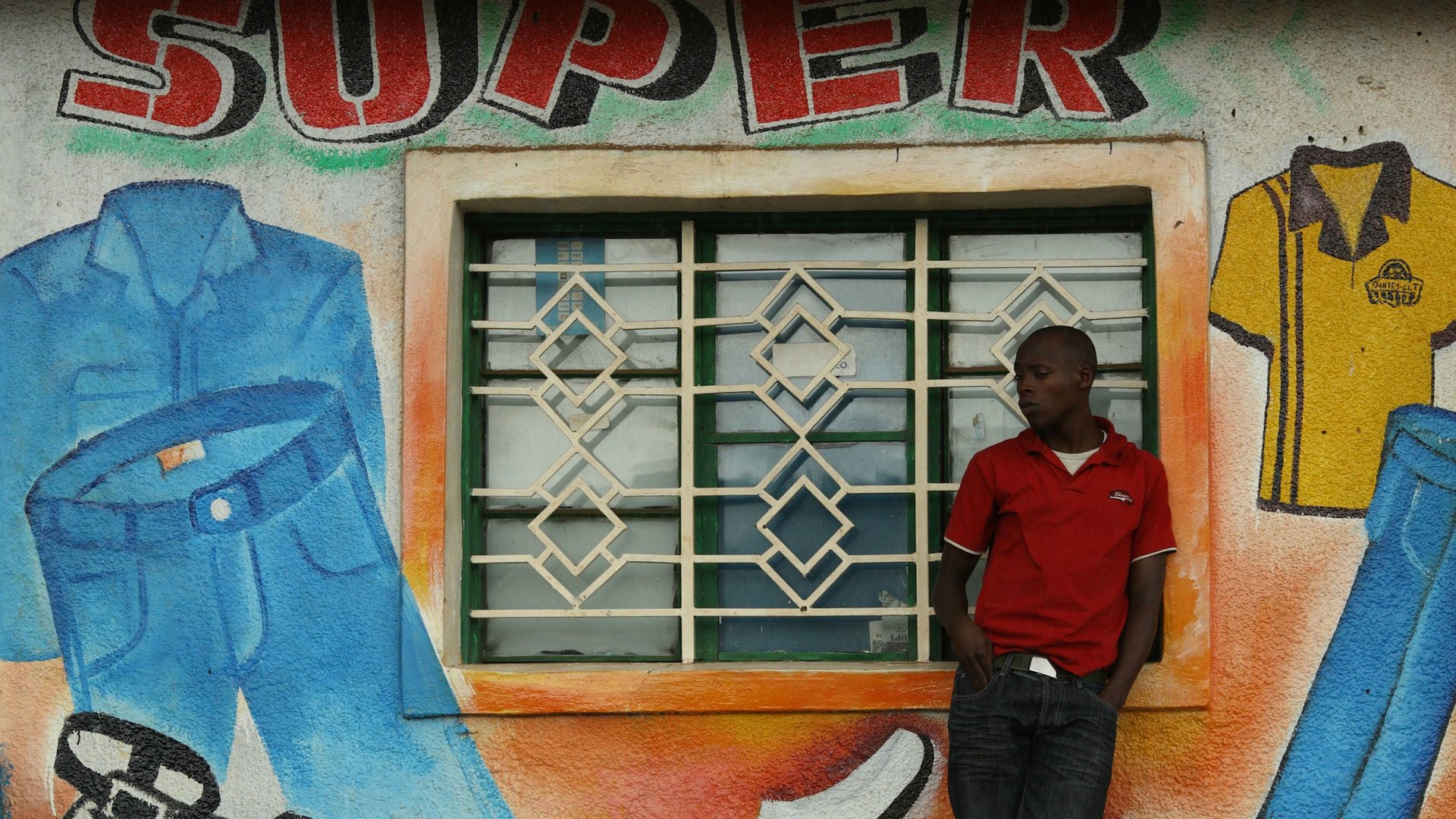Rwanda, where it’s easier to do business than Brazil or China, issues its first international bond
The tiny Central African country best known for being the site of a brutal mass genocide in 1994 is entering the international bond market. Rwanda is raising $400 million (paywall) in a 10-year bond offering to international investors that’s expected to be priced tomorrow, April 25.


The tiny Central African country best known for being the site of a brutal mass genocide in 1994 is entering the international bond market. Rwanda is raising $400 million (paywall) in a 10-year bond offering to international investors that’s expected to be priced tomorrow, April 25.
While $400 million isn’t enough to put the deal on major bond indexes, it’s likely to pique investors looking for high yields. Bankers managing the deal say the borrowing costs should be a relatively low 7% or so (paywall), a sign of how far the country has come in 20 years. Rwanda, where it takes on average two days to start a business, is now ranked 52 out of 185 countries in the World Bank’s ease of doing business index, ahead of emerging market heavyweights China and Brazil and developed economies Luxemburg, Italy, and Greece. With GDP growth averaging 8% every year since 2003, it is one of the fastest growing economies in Africa and has cut the share of the population living in poverty from 57% to 45% in just six years.
President Paul Kagame has been pushing to transform the land-locked, tea- and coffee-growing economy into an exporter. He also wants to make Rwanda a services and ICT hub, or a Singapore of Africa, as some have dubbed the campaign (notwithstanding some major differences between the two nations).
The signs of progress are several. In 2011, Rwanda rolled out 2,300 kilometers (1,380 miles) of fiber-optic cable, linked to undersea cables along the East African coast. Foreign direct investment increased almost 15-fold between 2005 and 2009. Today, nearly half of Rwandans own mobile phones, used for banking, medical care, or for farmers to check crop prices. “Internet and cell phones reach across the country, drivers wear seatbelts, civil servants arrive at work on time, there is construction, rule of law, and justice,” American author and journalist Philip Gourevitch wrote in 2009.
Still, there are risks to investing in Rwanda’s growth story. The government has pledged to use funds from the bond for infrastructure projects but at least $120 million will be spent on paying off debts on a convention center in Kigali, the capital. Also, Rwanda, which relies on foreign aid for about 40% of its budget, is at risk of losing some of those funds. After the United Nations said the country was arming rebels in the Democratic Republic of Congo, who are accused of killing and raping civilians, the US, EU and other countries suspended some of their aid to Rwanda. The government, still at odds with the UN, last month refused UN Security Council experts entry into the country.